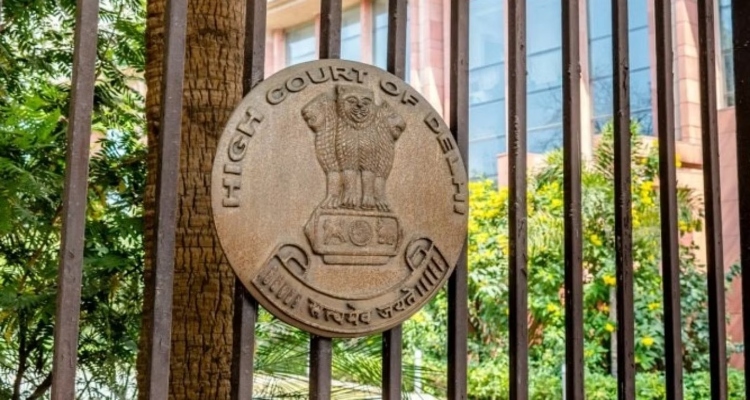
The Delhi High Court has remarked that a spouse, capable of earning but opting to stay unemployed without a valid explanation, should not burden the other partner with the unilateral responsibility of covering expenses through maintenance.
This observation came as the court reduced the monthly maintenance amount from Rs 30,000 to Rs 21,000, to be paid by a man to his estranged wife under the Hindu Marriage Act (HMA).
A bench of Justices V Kameswar Rao and Anoop Kumar Mendiratta noted that the woman, despite claiming to have no independent income, holds a reasonable educational background as a graduate from Delhi University.
It observed, “She appears to have voluntarily undertaken social work as claimed despite there being no impediment to undertaking meaningful employment. The spouse having a reasonable capacity of earning but who chooses to remain unemployed and idle without any sufficient explanation or indicating sincere efforts to gain employment should not be permitted to saddle the other party with one-sided responsibility of meeting out the expenses.
While emphasizing that maintenance does not require mathematical precision, the court aims to provide relief to the spouse facing financial challenges during legal proceedings. The court underscored that maintenance provisions under the HMA are gender-neutral, and sections 24 and 25 of the Act address the rights, liabilities, and obligations arising from the marriage.
The high court addressed the man’s appeal challenging the trial court’s order directing him to pay Rs 30,000 monthly maintenance and litigation expenses of Rs 51,000 to his estranged wife. The man argued that his in-hand salary of Rs 47,000 couldn’t support the increased maintenance. He claimed that the woman was earning Rs 25,000 monthly while working at a hospital, but she contended that she was a social worker and not drawing a salary.
The couple, married in 2018, separated in July 2020. The high court considered the man’s net salary and his responsibilities towards family members, concluding that Rs 21,000 monthly maintenance till the trial court’s decision would be reasonable. It also allowed an annual increase of Rs 1,500 per month during the divorce proceedings to account for inflation and rising prices.




